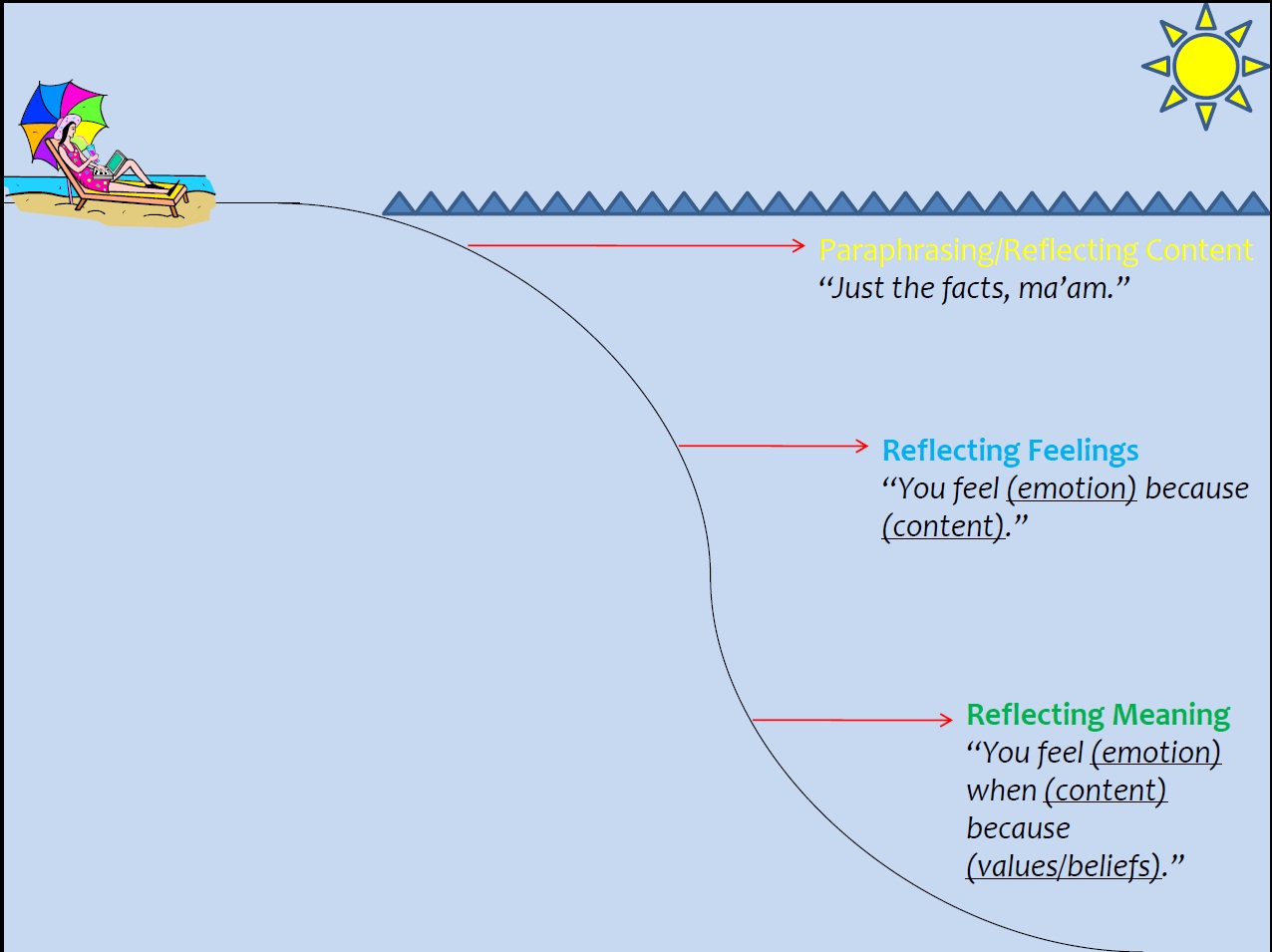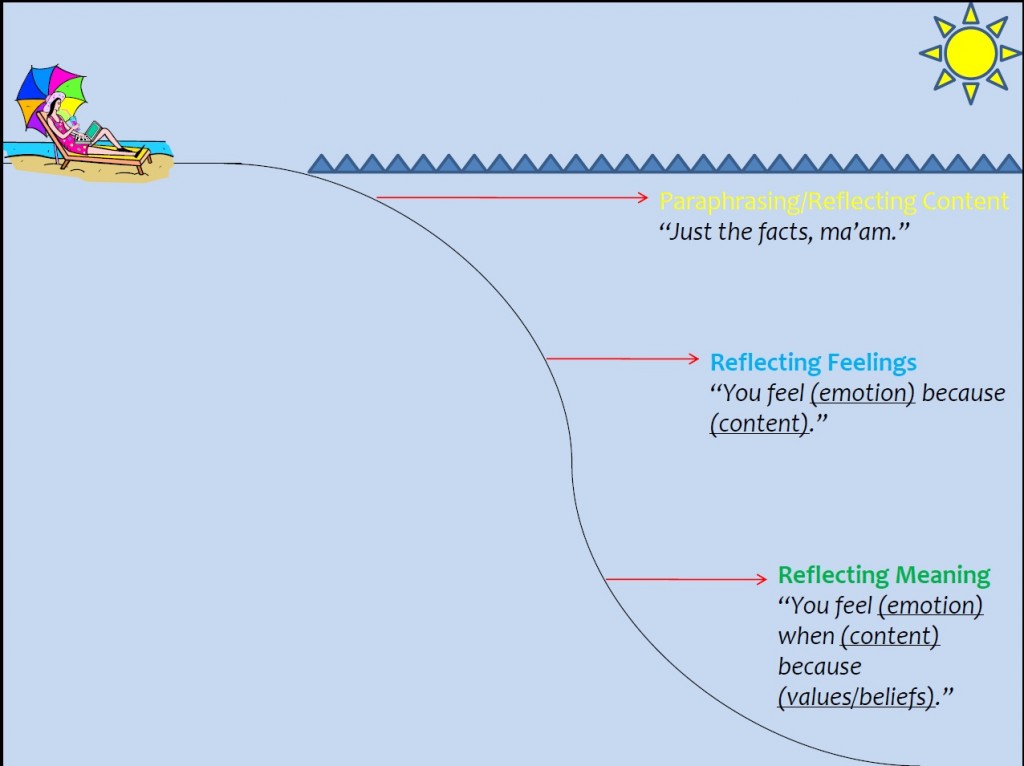Well, hello there.
Due to the recent natural disasters and mass shootings there has been an influx of attention to mental health services in this country. It is yet to be determined if anything other than media discussions will arise from these problems, but I hope the rubber will one day hit the road with regard to getting people the help they need. As a professional helper, I have noticed an increase in the helping literature of late regarding topics such as self-care and trauma, and I suspect readers will easily see the link between these tragedies and such matters. On this Moral Monday, I’m going to say a few words about an underlying element that is not usually discussed outside the helping literature: empathy.
Beginning helping professionals—particularly counselors-in-training—start learning about empathy from Day 1. In the general populace, empathy is often confused with sympathy. These words have very different meanings. Whereas sympathy brings to mind feeling sorry for someone else, empathy entails simply understanding another person. Carl Rogers stated that empathy was one of the core conditions necessary for therapeutic change in people. You probably understand—see what I did there?—how important empathy would be to a professional counselor, but you may not recognize how difficult it is to actually empathize with another person. In the graduate classes that I have taught, I have spent quite a deal of time training students to recognize and apply empathetic skills. Truthfully, some people are more naturally able to empathize with others; this fact resonates with the reality that there are far more female counselors than male ones. I have devised a plethora of activities revolving around empathy, but one cannot simply learn about empathy in a single classroom experience. Like most things in life, being empathetic takes a lot of time and practice, and we never really ever stop trying to develop this skill…at least, we never need to stop working on it.
The feature image for today is a slide that I spent quite a lot of time creating to help visually display the different depths of empathy we can convey to others. Imagine yourself on the beach. You’re probably aware that the further out into the water you go, the deeper it gets. Thus, my image is essentially a very rough outline of such a scenario to illustrate empathy depth. There are several different levels or depths of empathy, and the deeper you go, the greater you have communicated that you actually understand the other person. The first level indicating the lowest amount of empathy is content; one is just communicating paraphrased facts of what the person has said. If one is able to also isolate and restate the feelings of someone else’s situation, then one is empathizing emotion. Finally, the deepest level of empathy is meaning, and this means one has been able to understand someone’s unstated values or belief systems that are driving the feelings related to the content that was stated. Great, now we all can empathize well with everyone else, right? 😉
So let me get back to the moral part of Moral Monday. Is empathy always a good thing? What happens when someone is overly empathetic for a long period of time? Have you ever had a teacher that seemed burnt out and probably should have retired long ago? These questions are all related to the relatively new phrases empathy fatigue and vicarious trauma. Counseling Today has recently had articles about both the former, and the latter. Essentially, devoting one’s life to helping others can come at quite a cost to professional helpers. Is it even worth it then to try to understand others and convey that empathy to them? I’m biased, but I think it is. What do you think? Leave a comment, and take our poll relating to the training of empathy skills.


In theory I think it would be a good thing to teach empathy in a school setting, but in practice I’ve seen the teaching of things like science done so poorly that I worry about how such a thing would actually be implemented.